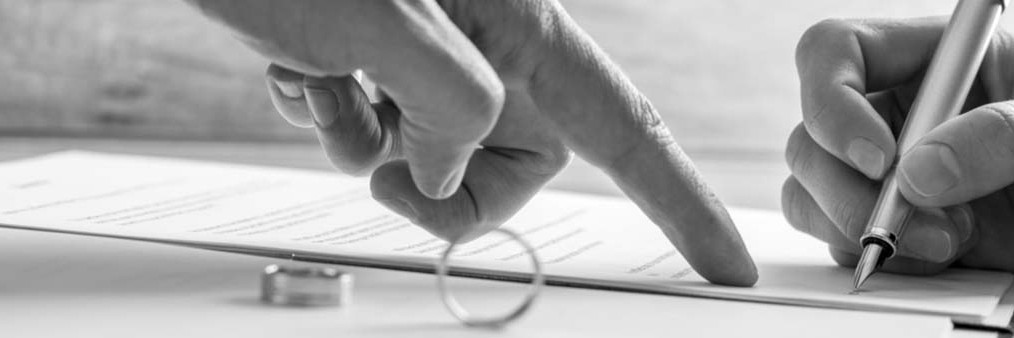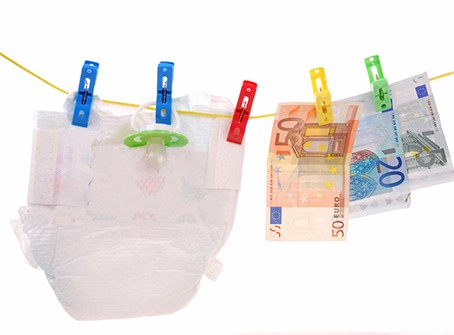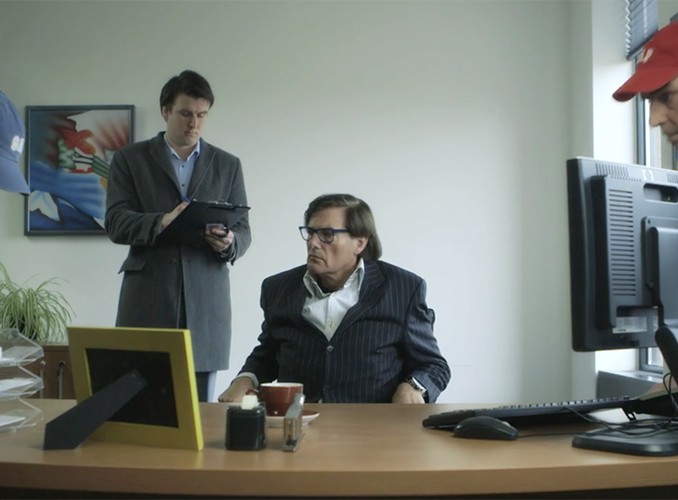What are the consequences if you stop paying maintenance on account of the coronavirus crisis?
The coronavirus crisis has had an impact on the earnings on a large sector of the Dutch population. If you’re employed under a contract of employment, for example, your boss may have decided not to extend it, which will mean a decline in your future income. And if you’re running a business yourself, on the other hand, your order book may have suddenly shrunk in size, placing your future revenue in jeopardy. Whatever the case, a lower level of income may mean that you can no longer meet your obligation to pay maintenance. So what exactly are the consequences if you stop paying maintenance?
Always consult your ex-partner first
We would advise you on no account to stop your maintenance payments without any warning or consultation. The first thing you should do is to consult your ex-partner. If this does not produce the desired result and you then decide to stop your maintenance payments without going to court, you’ll have to bear in mind that this will have certain consequences.
What exactly these consequences will be depends first and foremost on how your maintenance payments were first agreed.
Maintenance obligation imposed by court order
Your obligation to pay maintenance may have arisen as a result of a court order. In other words, either the court confirms the arrangements made in a divorce settlement (echtscheidingsconvenant) by issuing an order, or it issues an order about the payment of maintenance.
If this is the case, your ex-partner has what is known as an ‘enforceable order’, i.e. your ex-partner can instruct a bailiff to collect the maintenance by placing you under an attachment order. If you stop paying maintenance without your ex-partner’s consent, your ex-partner can ask the LBIO (the national maintenance collection agency) or a bailiff to collect the maintenance by ‘attaching’ (seizing) your earnings, your bank accounts or other assets.
Particularly in these highly uncertain times, it is absolutely vital to prevent your assets and income from being made subject to an attachment order, as this is only likely to make things even worse. If you are genuinely unable to pay maintenance and your ex-partner applies for an attachment order, you are still entitled to ask the court to lift the attachment order by instigating what is known as an ‘enforcement dispute’ on the grounds that you are acting in an emergency situation.
Asking the court to lower the amount of maintenance
A much better option, however, is to avoid all attachment orders and enforcement disputes in the first place. If you would like either to reduce the amount of maintenance or to stop paying any maintenance at all, the best thing to do is to start court proceedings. You should ask the court either to reduce or stop the maintenance payments on the grounds that your income has fallen as a result of the coronavirus crisis.
Mutual agreement
It is possible, however, that your child maintenance and/or spousal maintenance payments are not based on any court order or decision. In that case, you can in theory stop or reduce your maintenance payments without this having an immediate effect on you. Because you did not go through the court, your ex-partner does not have an enforceable order, which means that he or she cannot take action to collect the maintenance by applying for your income or assets to be attached. What your ex-partner can do in this case is either to ask the court to formally confirm the maintenance arrangements or issue a summons demanding that you comply with your maintenance obligations.
Any questions about the payment of maintenance?
Regardless of whether your divorce settlement provides for the payment of maintenance and that this has been confirmed by court order, or is based on a mutual agreement between you and your ex-partner, the important thing to remember is: never suddenly stop paying maintenance! Always consult your ex-partner first. And if this does not produce a result, you can always then start legal proceedings.
If you need any advice or assistance, please feel free to get in touch with me or one of my colleagues from our family law practice. You can also put your questions to the specialist staff at our Coronavirus Help Desk. We’ll be only too glad to help.







